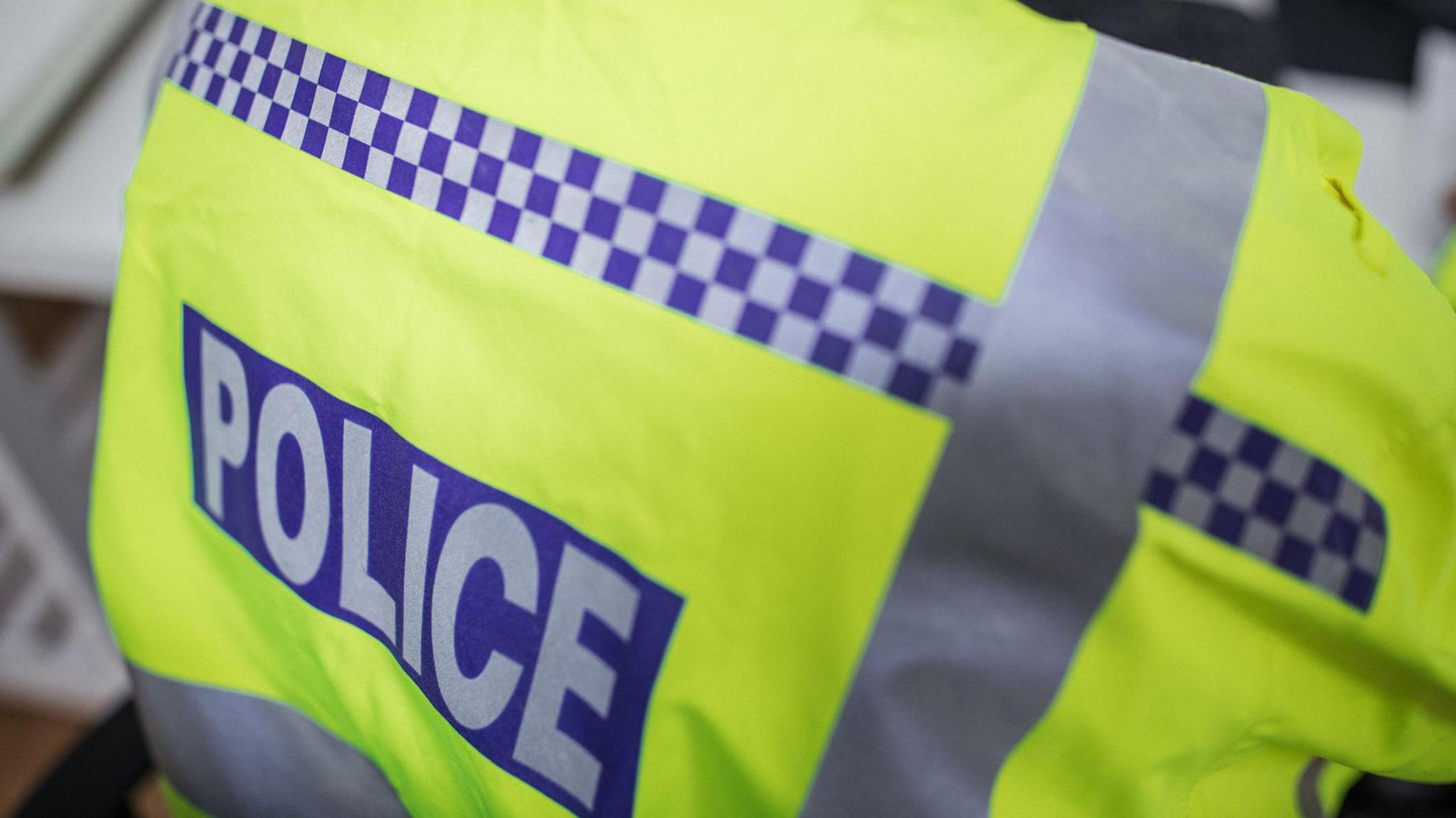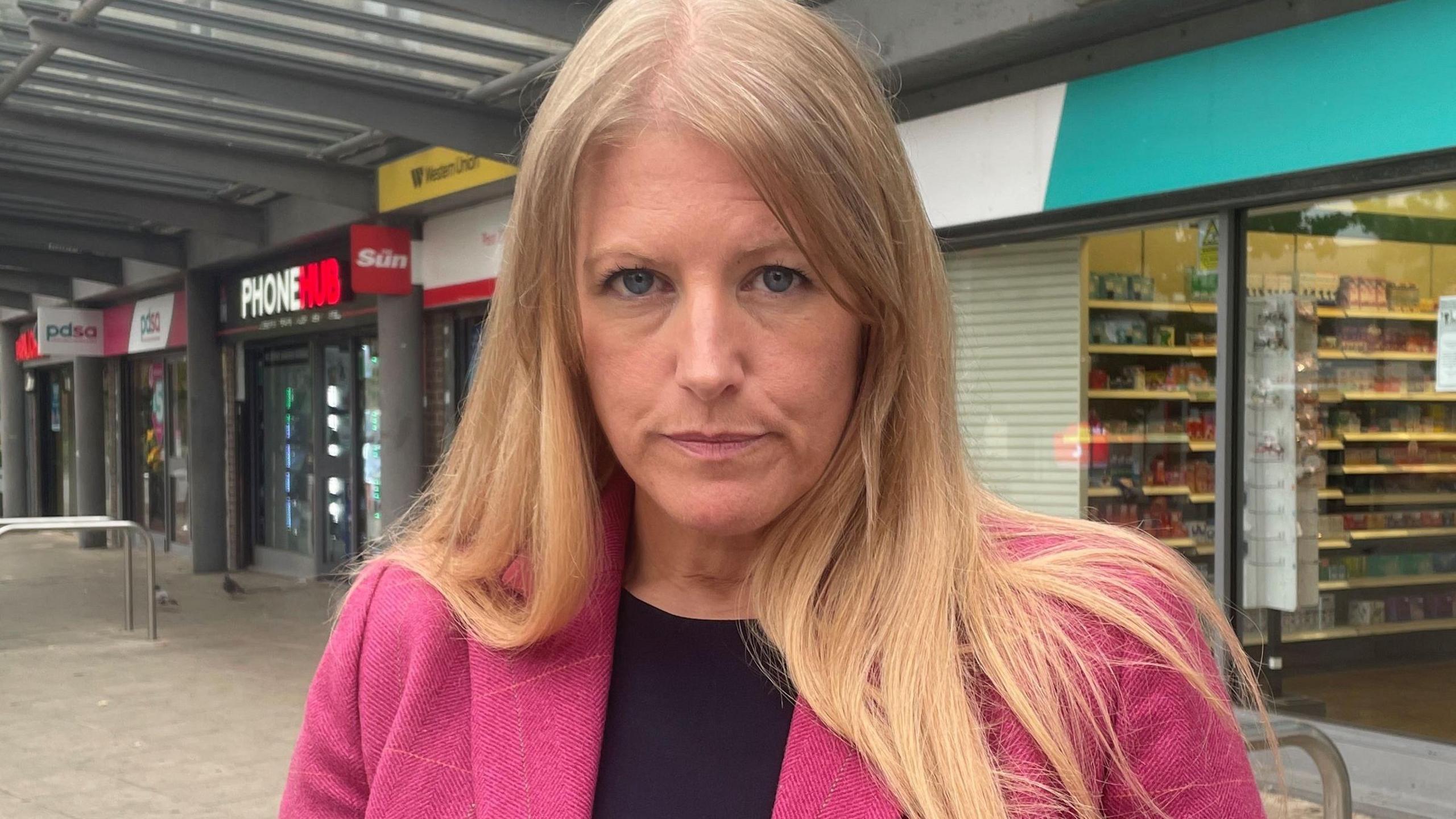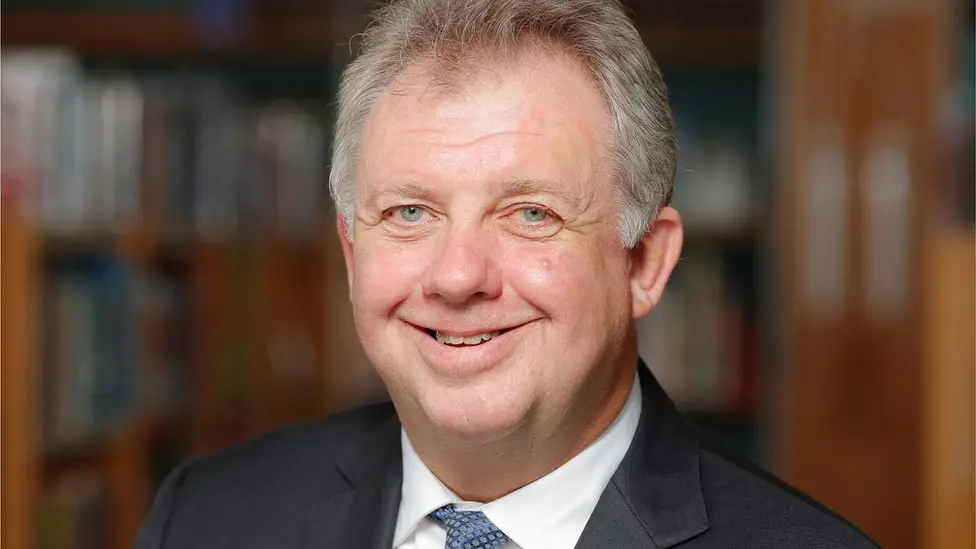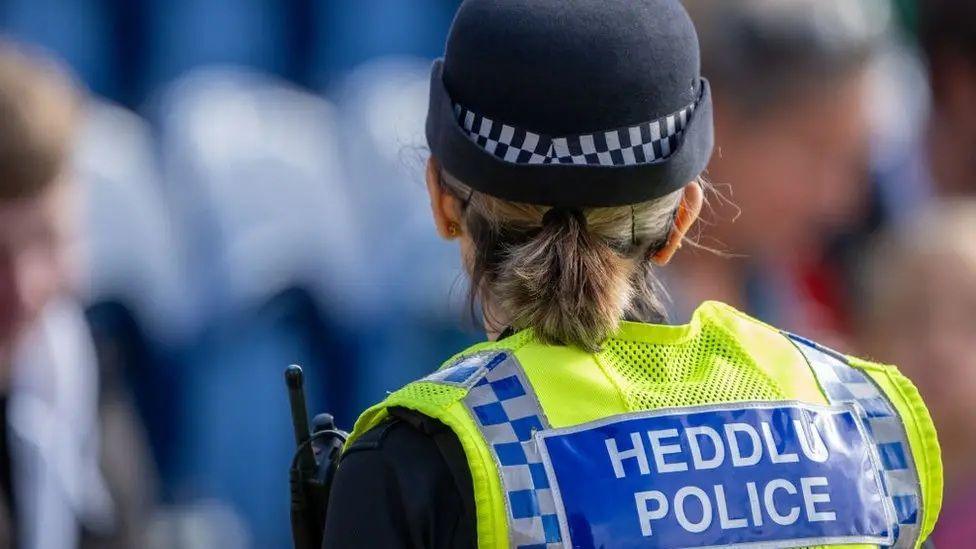Crime commissioners speak out over scrapped roles

Police and crime commissioners will be scrapped in 2028, the home secretary announced on Thursday
- Published
Police and Crime Commissioners in the south have given mixed responses to news their roles will be scrapped in 2028 to save money.
Home Secretary Shabana Mahmood announced on Thursday the 37 roles will be dissolved, labelling the positions a "failed experiment". Their responsibilities will be transferred to elected mayors or council leaders.
Donna Jones, Hampshire and the Isle of Wight's Police and Crime Commissioner (PCC), said she supported dissolving the role ahead of the areas electing a mayor next year - an election she is standing in.
Fellow Conservatives Matthew Barber, in the Thames Valley, and David Sidwick, in Dorset, said they worried about democratic accountability in a new model.
PCCs' main responsibilities include setting an annual budget, appointing chief constables and producing a policing plan.

PCC Donna Jones is responsible for overseeing police for 2.2 million people in Hampshire and on the Isle of Wight
Ms Jones said while PCCs have had a "mixed review" since they were introduced by the Conservatives in 2012, she felt her role has benefited Hampshire and the Isle of Wight.
"I have brought back local bobbies. I have opened police stations over the last 18 months; I have got another three I'm opening next year," she said.
"There are lots of things I've been doing to listen to the public.
"But the reassurance for the public is you will still have that voice, you will still have that say, it will just be done through a different guise, which will be through a mayor."
Mr Barber said he thought scrapping PCCs could be politically motivated, with the Labour government worried the party could have lost areas it currently holds.
But he said he felt proposed savings of £100m, outlined by the Home Office, were exaggerated.
"I'm here because I want to make sure that we make the Thames Valley is as safe as it can be. That's done by holding the police to account and making sure they have the resources and support they need. If another body can come along and do that, that's great," Mr Barber said.
"But I think the [direct] democratic mandate is really important and I think removing that is not going to save significant amounts of money. It's not going to improve frontline policing but it's going to take these decisions further away from the public."

David Sidwick said he will still give "every ounce of effort I have" in his role
Mr Sidwick said the planned abolition was "beyond disappointing", given it had been taken "without consultation or satisfactory advanced warning".
He said the lack of "tangible detailed plans for how scrutiny of Dorset Police will happen beyond 2028" was "baffling".
Mr Sidwick added that until his role is dissolved, "every ounce of effort I have" will be used to ensure that police are accountable and delivering for Dorset residents.
Ms Jones is set to stand as the Conservatives' candidate for the Hampshire and Solent mayor against Lorna Fielker, who currently represents the Swaythling ward on Southampton City Council for the Labour Party.
Martin Tod, the leader of Winchester City Council, will be standing for the Liberal Democrats.
The Green Party's candidate is Anna Collar, who is an archaeologist and an associate professor at the University of Southampton
Reform UK have said their candidate will be announced soon.
Get in touch
Do you have a story BBC Berkshire should cover?
- Published22 hours ago
